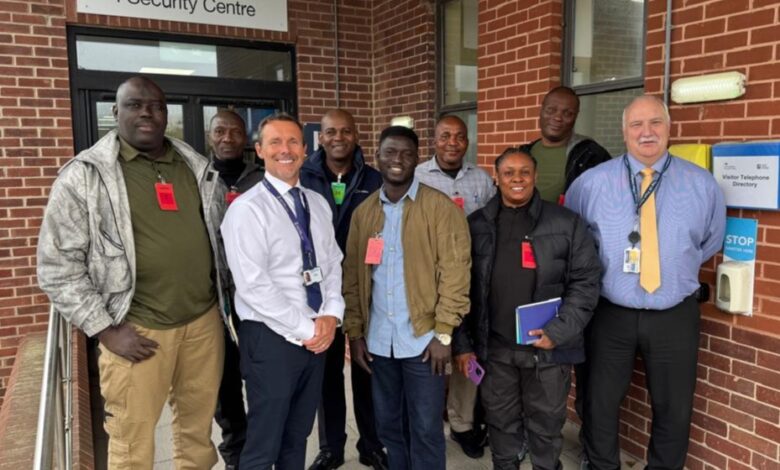
The National Drug Law Enforcement Agency (NDLEA) has reinforced its maritime surveillance and operational capabilities following the completion of a week-long working training tour to the United Kingdom by the Agency’s Directorate of Seaport Operations.
The six-man team, led by Deputy Commander Narcotics (DCN) Aminu Danjuma Jega, undertook the strategic engagement between October 19 and 25, 2025, under the guidance of Mr. Errol Flynn Macdonald of the UK Home Office International Operations.
According to a statement made available to ThelensNG by the Director of Media and Advocacy of NDLEA, Femi Babafemi, the team visited key British maritime and border enforcement facilities, where they were exposed to valuable international best practices in maritime intelligence, port security, and inter-agency coordination.
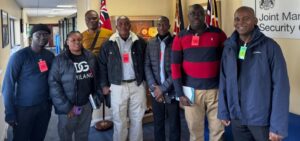
“The second part of the training on Advanced Container Targeting was conducted for additional 19 NDLEA officers in Lagos between Monday 10th and Thursday 13th November 2025 by HOIO Intelligence team. Both the UK training tour and the Lagos residential five-day training were sponsored by the UK Home Office International Operations.
“The NDLEA delegation held extensive discussions with officials of the UK Border Force, the National Crime Agency (NCA), Home Office Intelligence, the National Maritime Security Centre, and the Joint Maritime Security Centre in Portsmouth, among others,” the statement noted.
Babafemi disclosed that during the engagements, the team received comprehensive presentations by the UK National Deep Rummaging Team, which showcased modern techniques and procedures for vessel rummage operations aimed at detecting and preventing illicit drug trafficking through sea routes.
The officers also witnessed live demonstration sessions at Tilbury and Felixstowe Ports, where inward-bound containers from Nigeria were subjected to layered inspection and risk-based screening procedures.
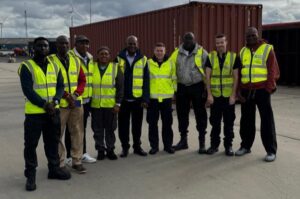
“Another key highlight of the visit was the introduction and demonstration of the Advanced Sea Searcher System, a state-of-the-art underwater detection technology used for locating concealed contraband and drug consignments beneath ships and port structures. The system’s capacity for high-precision underwater searches was identified as a game-changer in maritime interdiction, offering significant potential for NDLEA’s future operations along Nigeria’s coastal and port environments,” the spokesperson added.
In his post-training presentation to the Chairman/Chief Executive Officer of NDLEA, Brig. Gen. Mohamed Buba Marwa, the leader of the delegation, Jega affirmed that the international exposure had deepened his team’s understanding of intelligence-led maritime enforcement, stressing that lessons learnt from the visit would enhance NDLEA’s operational synergy with other maritime and security agencies in Nigeria.
“We were exposed to advanced tools, data-sharing models, and inter-agency coordination frameworks that will significantly improve our maritime intelligence gathering and port surveillance operations. The practical demonstrations we witnessed, particularly in vessel rummage and underwater detection, are invaluable to NDLEA’s ongoing efforts to counter transnational drug trafficking through our seaports,” he stated.
In response, Marwa commended the officers for representing Nigeria well during the training tour and reaffirmed the Agency’s commitment to continuous capacity building and adoption of cutting-edge technologies in the fight against illicit drug trafficking.
“Maritime routes remain critical in global drug trafficking networks. Strengthening our officers’ technical capacity and intelligence integration with our international partners is essential to safeguarding Nigeria’s borders. The lessons from this UK engagement will be vital in enhancing NDLEA’s effectiveness in intercepting drug consignments at sea and ensuring safer maritime operations,” he said.
The NDLEA boss added the Agency would continue to deepen collaboration with the UK Home Office International Operations and other global law enforcement partners as part of ongoing efforts to combat transnational organised crime linked to illicit drugs.




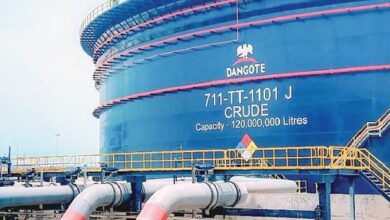

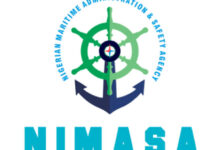
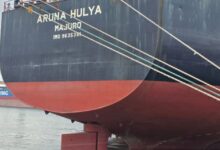
hsvqgz